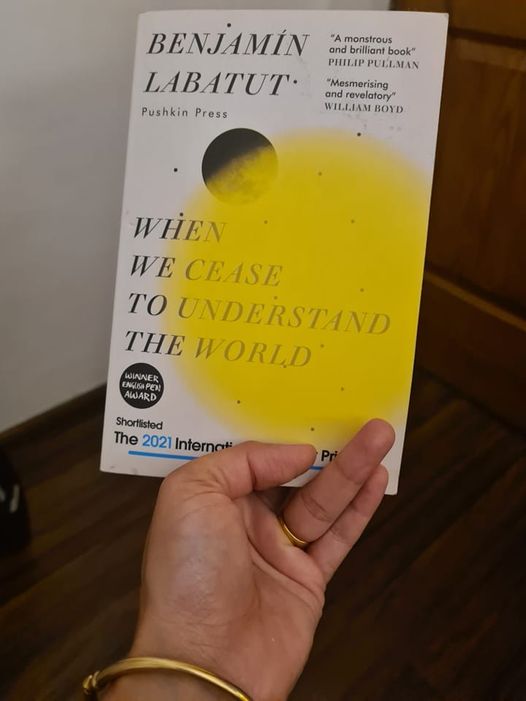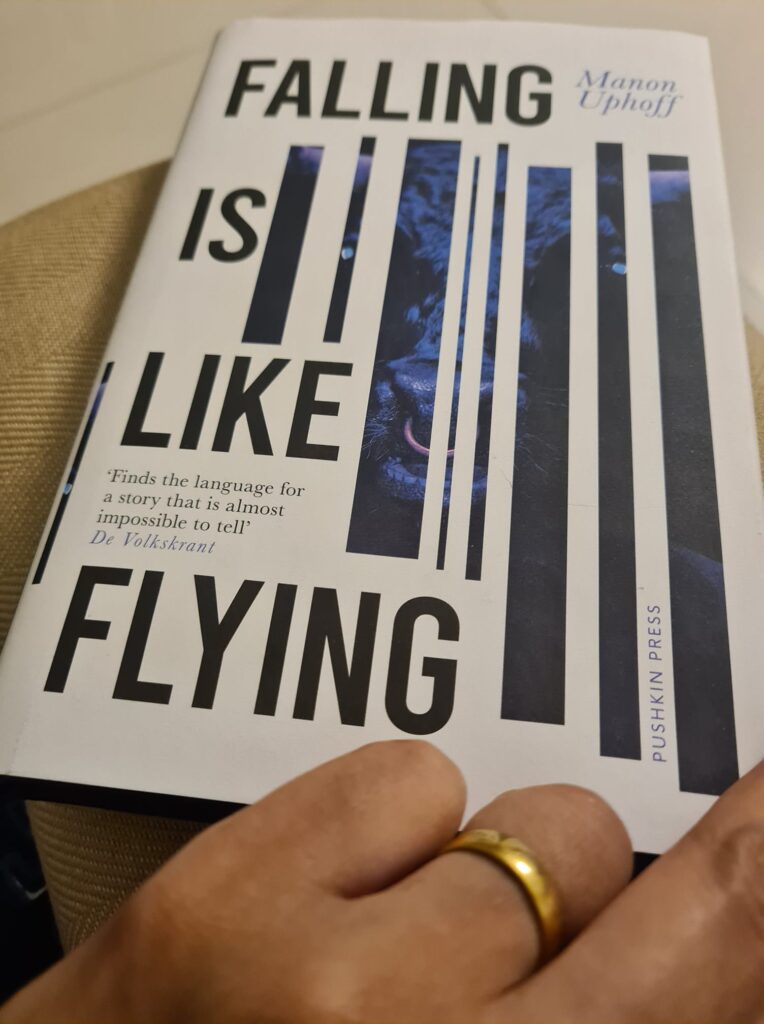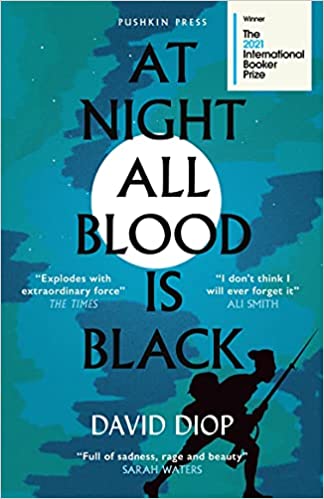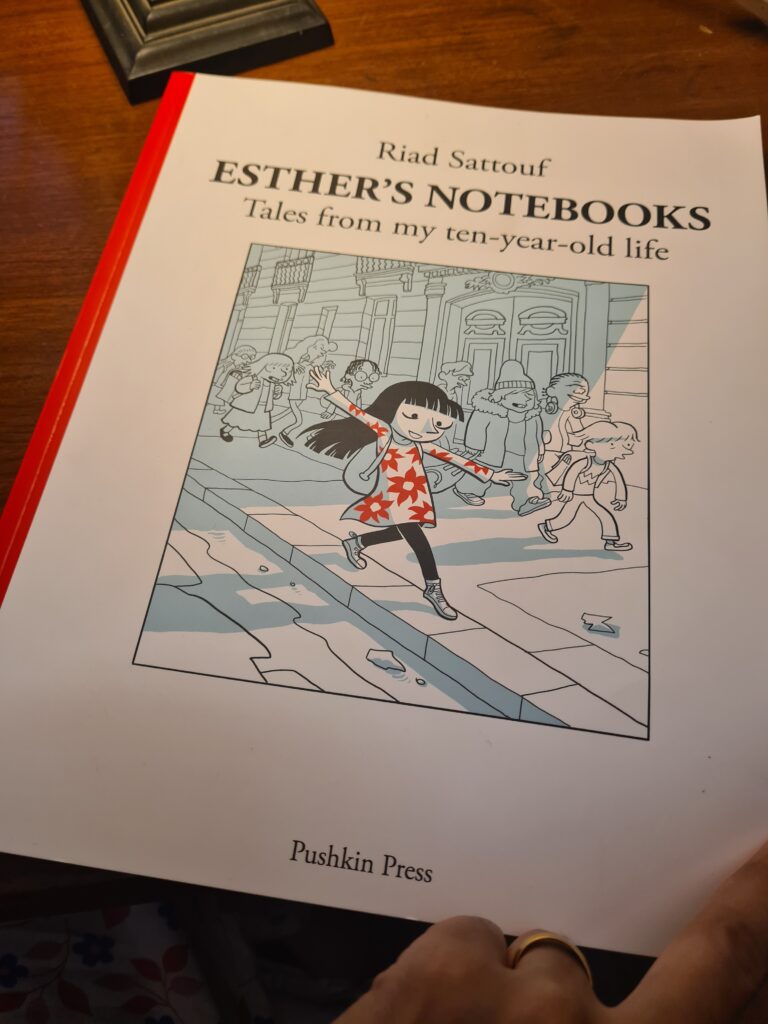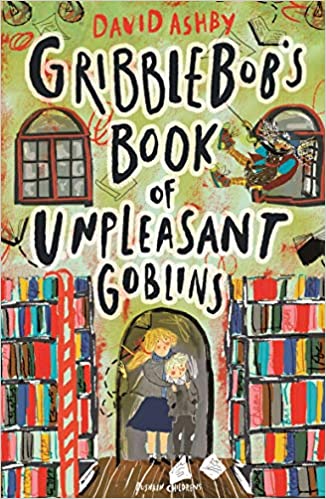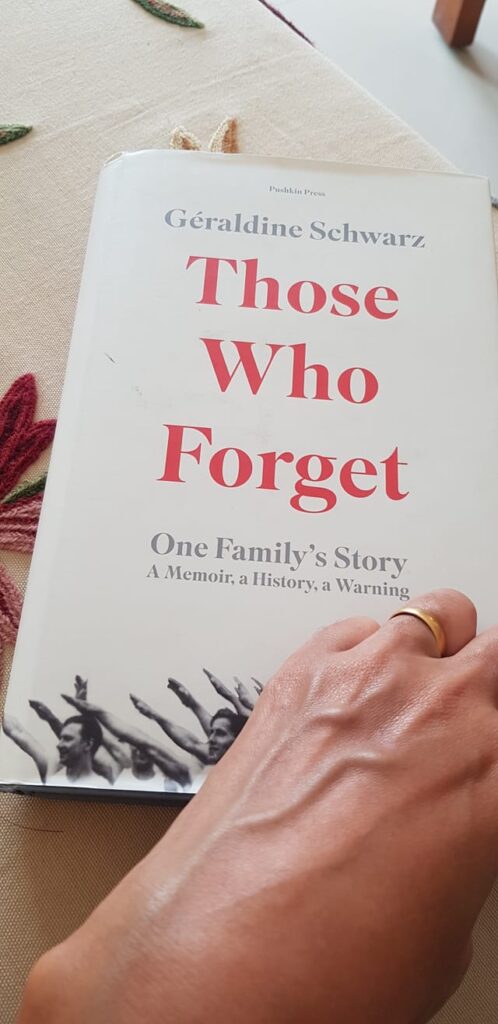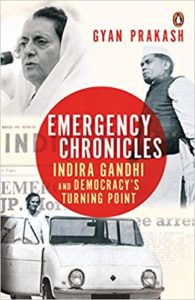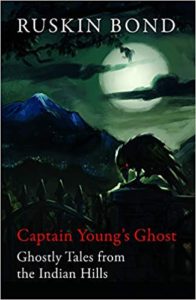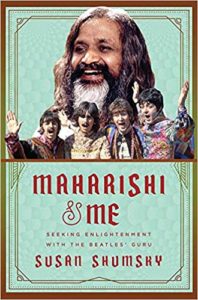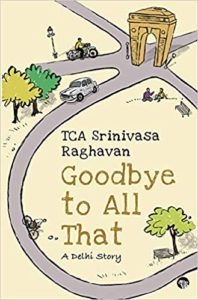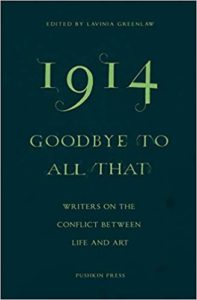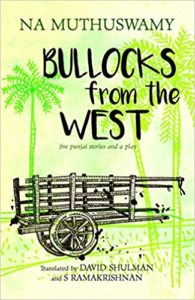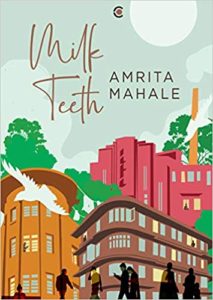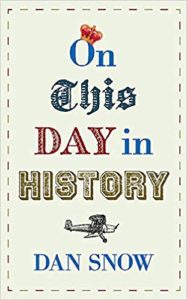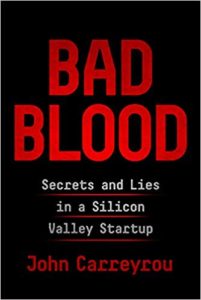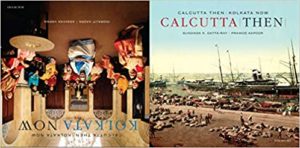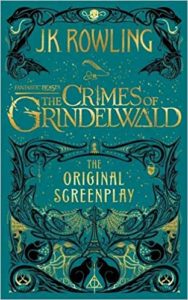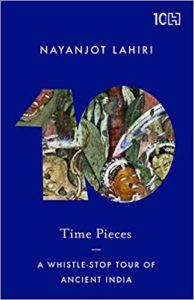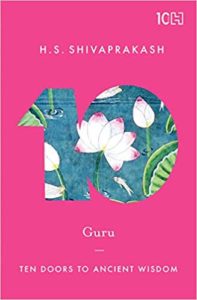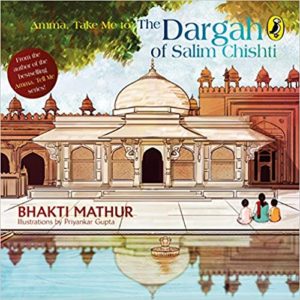My review of Michael Orthofer’s wonderful book The Complete Review Guide to Contemporary World Fiction has been published in the award-winning website, Scroll, on 26 June 2016. Here is the link: http://scroll.in/article/810332/no-book-can-tell-you-about-all-books-but-this-one-comes-close . I am c&p the text below.
The Complete Review website was established in 1999 by founder and managing editor Michael Orthofer. He has so far reviewed a staggering 3,760 books on that site. His goal is to read a book a day, but he averages about 260 a year. In a profile written for The New Yorker by novelist Karan Mahajan, Orthofer says, “A day in which I don’t read or write, I have trouble falling asleep.”
The Complete Review is a literary salon, gathering reviews and essays about books and literature from all over the world in a short, curated format. Orthofer launched the website after spending more than five months writing the code for it. His rationale for this website was to take advantage of the tremendous reach and connectivity of the internet. His manifesto is laid out in the book of his website:
Suddenly, book reviews from print publications, new online resources, and individual readers from across the world were just a link away. Beyond reviews, an enormous amount of literary coverage, in both local languages and English, has been made available, from traditional newspaper stories to discussions in online forums to blogs devoted to every imaginable facet of reading. Professional websites – publishers’ foreign rights pages, the sites of national organisations promoting local literature abroad such as the French Publishers’ Agency or the Finnish Literature Exchange, and the sites of international literature agencies – provide additional up-to-date information and insights into contemporary fiction from many nations. The Complete Review is designed to help connect readers to much of this information.
Literature nations
Ironically, though, this wide-ranging coverage, because it’s organised chronologically and minutely, does not offer a countrywise bird’s-eye view of the literary landscape. Hence The Complete Review Guide to Contemporary World Fiction. It’s Orthofer’s attempt to provide an entry point as well as a foundation to help readers navigate the literatures of the world.
American readers, one might add, who live in a country where English is the super-dominant language of available books, and translated titles amount to the now legendary three per cent of all titles. One of Orthofer’s attempts in this extraordinary compendium of modern and contemporary fiction is to make these readers aware of what is being written right now in languages other than English.
Sensibly, therefore, Orthofer – who is an immigrant in the US of Austrian origin – has chosen to classify his encyclopaedic knowledge of literature geographically, with the books and authors arranged by nation and region. The sections are broadly divided into Europe; Sub-Saharan Africa; North Africa, Middle East, and Turkey; Asia; Oceania; Latin America and North America. “Because writers and their fiction move across many borders and languages, national origin, domicile, and language are only rudimentary categories by which to arrange writers,” he writes.
What is very obvious is that Orthofer’s intimate engagement with books has resulted in this crystal clear understanding of the manner in which literature may be mapped. His organisation underlines the close proximity between literature and socio-political factors, a link which is often denied by many.
Talking of books available across geographies makes this a reader’s guide for an English-speaking audience. Orthofer astutely observes that a major drawback of looking only at literature available in English is that it can distort the view of national literatures, as there are many languages from which only a limited number of texts have been translated. “Many nations’ fiction is highly evolved, but because only a tiny amount of it is available in English, it may seem underdeveloped,” he observes.
Orthofer admits that though he has tried to map literature mostly after 1945, there are historical gaps primarily due to some older literature being inaccessible in English. He also rues his inability to list all the translators of all the editions of world literature he has referred to, but he makes up for it by offering resource tools in the appendices.
The view from America
Obviously, the perspective on world literature is an American one. So his fascinating commentary on books and authors focusses on what he is accessible in the US. Despite this constraint, he is able to weave a magical literary web that impressively contextualises authors.
So, given this point of view, can Indian readers trust Orthofer’s pronouncement on the literatures of the world and his assessments of individual writers? One way of judging this is to examine his observations on Indian writers, with whom readers in the country are already familiar.
This is where Orthofer proves how perceptive his readings are. For instance, he says that Amitav Ghosh’s first novel The Circle of Reason embodies the restless ambition that has come to define his work. That Amit Chaudhuri’s fiction is evocative, focusing on expression rather than invention. That Arundhati Roy’s colourful The God of Small Things is undeniably affecting, but Roy has a few too many tricks up her sleeves. One cannot but agree.
What does Orthofer have to say about literature from India’s neighbours? He points out that Pakistan’s Uzma Aslam Khan paints broad portraits of life that are personal and family-oriented, but she also mixes political and social commentary into her fiction. Tahmima Anam from Bangladesh uses the experiences and attitudes of her characters to reflect on Bangladesh’s post-war transition, without reducing them to simplistic types.
Interesting insights
Of course, you might wonder at the rationale for inclusion or omission – but that will only occur to those already familiar with the literature of a region. Thus, while prominent authors of south Asian origin but living in the West, like Kamila Shamsie, Nadeem Aslam and Manjushree Thapa, are mentioned, Chitra Bannerjee Divakurni or the multiple-award-winning Akhil Sharma are not.
Orthofer’s insights make for rewarding reading. For instance, that the lack of translations from Ethiopia may be due to political factors such as never having being colonised or the long spell of dictatorial rule. He observes the rise of the cell-phone novel (keitai shosetsu) in Japan, the setbacks to Russian-language fiction after the collapse of the Soviet Union, and the limited exposure to contemporary fiction written in other Indian languages. Orthofer also points out, perceptively, that Indian authors living outside India continue to situate their fiction in their homeland. In his survey of Arabic literature, Othofer focusses on the recent increase in fiction titles despite political censorship, an underdeveloped and fragmented market, and a small book-buying public.
The appendices are gloriously packed with information regarding translations into English and with supplemental resources. The latter includes lists of periodical and online resources, many of which are dedicated to cross-cultural exchange. He also lists publishers who have carved out niches for themselves with translations, among them AmazonCrossing, And Other Stories, Deep Vellum, Europa Editions, Hispabooks, Open Letter Books, Pushkin Press and Seagull Books.
The Complete Review Guide to Contemporary World Fiction is that very rare thing: an extraordinarily detailed book where the information is easily accessed and understood. It is a splendid reference, a dependable guide, and a rich map of the world through its books.
M. A. Orthofer The Complete Review Guide to Contemporary World Fiction Columbia University Press, New York, 2016. Pb. pp. 486 $27.95
26 June 2016
